News
Launched in 1999 and updated regularly, Statewatch News includes our own reporting and writing as well as articles, announcements, documents and analyses from elsewhere on civil liberties, EU policies and state practices. You can receive updates in your inbox by signing up to our mailing list, or use our RSS feed to get instant alerts.

New EU migrant smuggling law: member states keen on maximum criminalisation
The EU is moving towards adopting a renewed law to criminalise migrant smuggling, and member states in the Council have started making progress towards a position for negotiations with the Parliament. Some governments appear to favour maximum criminalisation, calling for a broad definition of smuggling to facilitate prosecutions – a position that has been taken on board by the Belgian Council Presidency in an initial compromise text.

Who’s a “potential terrorist or violent extremist threat”? Plans to exchange information about “future” criminals
EU member states have finalised a set of “non-binding” criteria for assessing when someone may be labelled a potential terrorist or violent extremism threat. The intention is to feed European databases such as the Schengen Information System (SIS) and the Europol Information System (EIS), as well as Europol analysis projects such as “Hydra” and “Traveller”, according to a note circulated by the Belgian Council Presidency last month.

Europol migrant smuggling proposal torn to shreds by the Council
The Belgian Presidency of the Council of the EU has proposed gutting the Commission’s proposal to increase Europol’s powers in human smuggling and trafficking cases. There is little that remains of the original proposal, aside from new “Operational Task Forces” led by member states (with a support role given to Europol) and a limited mandatory exchange of information on smuggling and trafficking investigations.
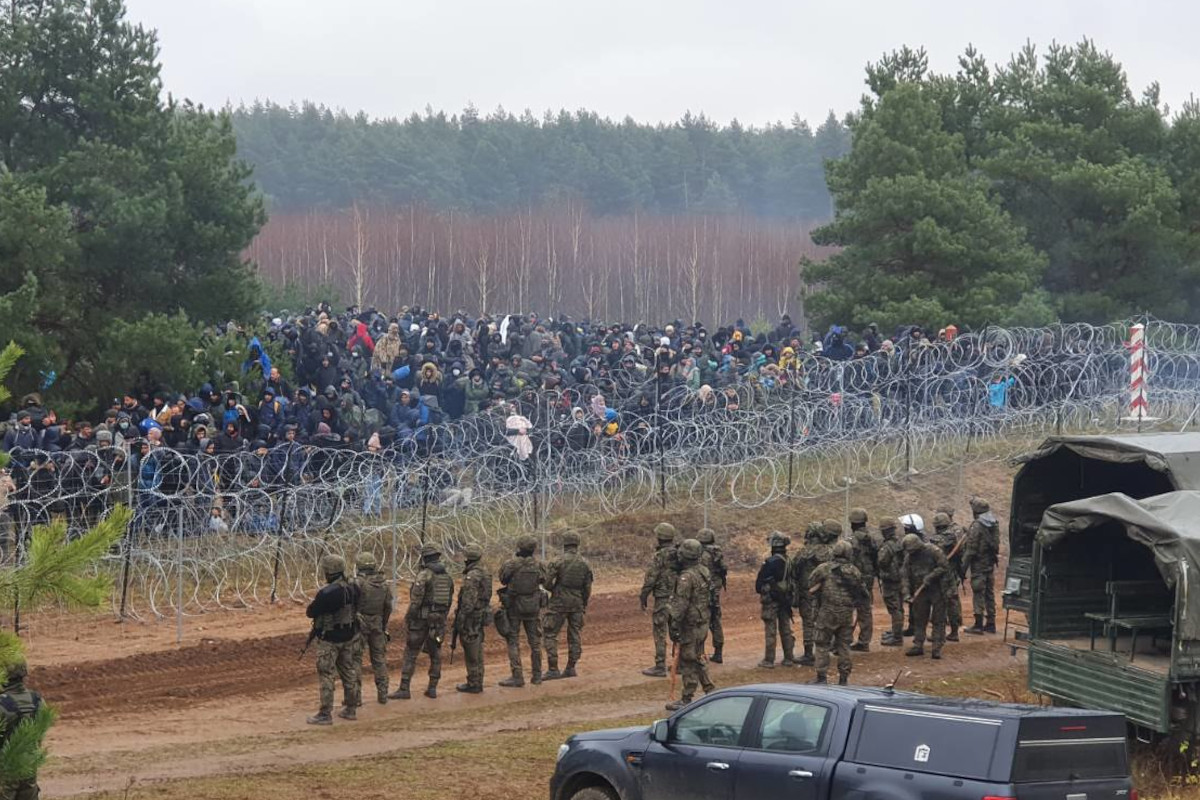
Finland and Italy want more military involvement in migration control
The Finnish and Italian governments last month presented a plan on “countering instrumentalization of migration and migrant smuggling” to the EU Foreign Affairs Council meeting, calling for “innovative ways” to address the issues – including by increased cooperation between the EU and NATO.

New project to provide systematic monitoring of EU externalisation policy
What are the objectives of the EU’s external migration policy? With which countries are new migration agreements planned? How is the EU seeking to integrate non-European states into its violent migration control regime? And what impact will this have on people seeking protection, migrants, democracy and human rights, inside and outside the EU?
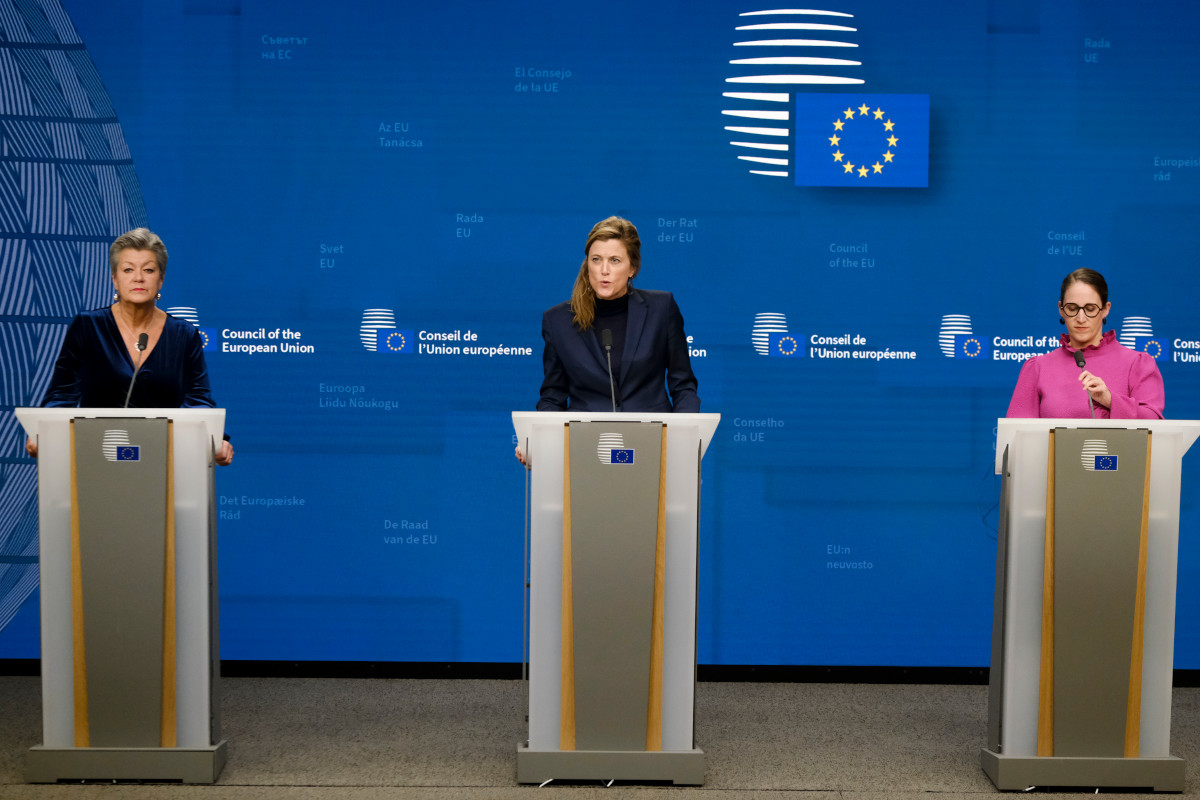
EU: Council eyes role in “operationalising” the Pact on Migration and Asylum
“The effectiveness of this new legal framework hinges on its successful implementation. This will require the adoption and application of regulatory adjustments at national level, the development or enhancement of equipment and infrastructure, the implementation of new systems, processes and procedures, reinforced coordination at national and EU level, and increased operational support and financial allocation.”

Italy: Press freedom under attack as three reporters face up to nine years in prison
Three Italian journalists working for the newspaper Domani - Giovanni Tizian, Nello Trocchia and Stefano Vergine - face up to nine years in prison. An investigation by the Perugia Public Prosecutor alleges that they requested and received confidential documents from a public official, and breached the secrecy of the investigation through the request and publication of information in those documents. The articles in question concerned Italy's defence minister Guido Crosetto, who for years prior to becoming minister was paid by the arm industry as an advisor. Alongside multiple other organisations and media outlets, Statewatch has signed a statement calling on the Italian authorities to respect press freedom.

EU-Israel data agreement rings alarm bells
At the beginning of the year, the European Commission approved the continuation of 11 personal data adequacy agreements with non-EU states. The approval allowed the continuation of unrestricted data flows with entities in the EU. In an open letter to the Commission, Statewatch and 10 other organisations raise a number of concerns regarding the agreement with Israel, arguing that problems with the rule of law and practices of mass surveillance by security and intelligence agencies call the adequacy agreement into question.

The EU Migration Pact: a dangerous regime of migrant surveillance
The #ProtectNotSurveil coalition, of which Statewatch is a member, has issued a statement condemning "the criminalisation and digital surveillance of migrants" that will be ushered in by the new Pact on Migration and Asylum. The laws that are part of the Pact were given final approval by the European Parliament this afternoon. The statement explains how the new legal framework "will enable and in some cases mandate the deployment of harmful surveillance technologies and practices against migrants," whilst laying the foundations for the expanded use of invasive technologies in the future.

Policing migration: when “harm reduction” means “multipurpose aerial surveillance”
The EU’s latest “operational action plan” on migrant smuggling gives a central role to Europol, which will receive data resulting from more than two dozen joint police operations launched by EU member states, EU agencies and a range of non-EU states. The UK is heavily involved in the plan, and is leading one activity. One objective is for harm reduction and assistance to victims, but the only activity foreseen is for Frontex to increase use of its “EUROSUR Fusion Services, including the Multipurpose Aerial Surveillance aircraft service.”
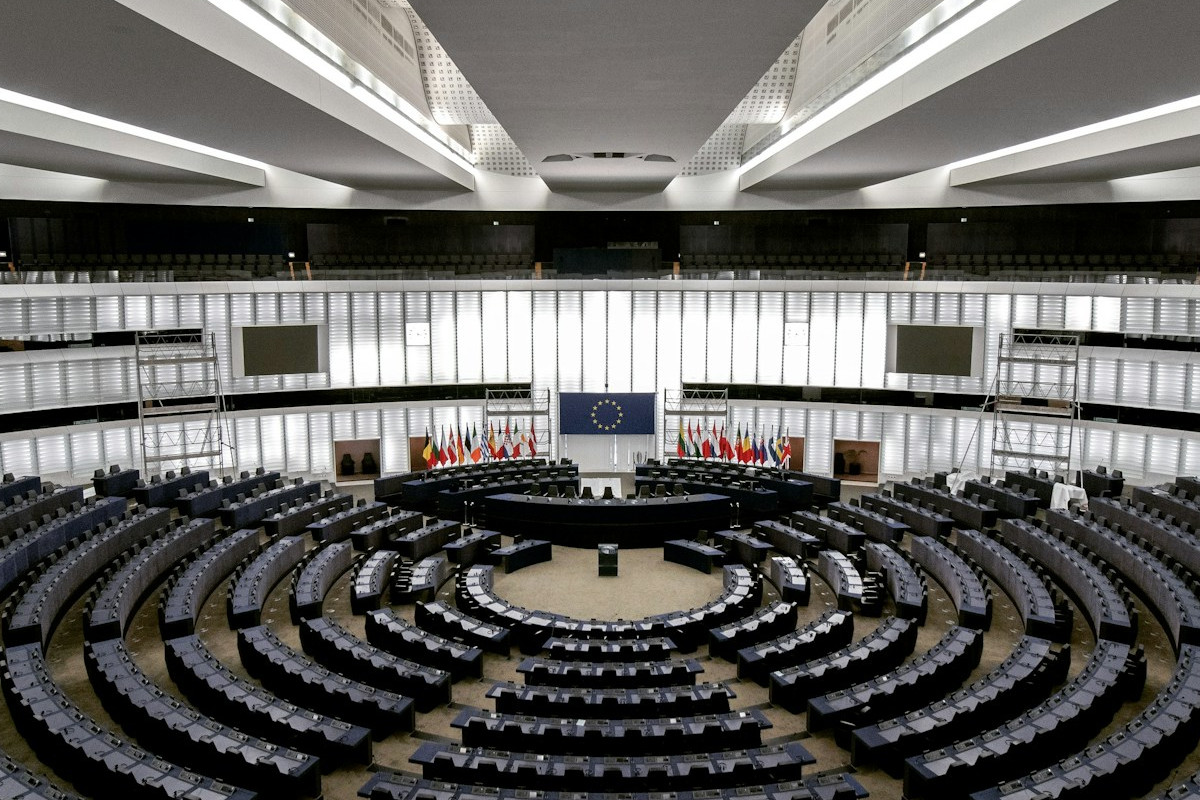
Migration Pact "will engender a proliferation of human rights violations" and must be rejected
Ahead of Wednesday's final parliamentary vote on the laws that make up the EU's Pact on Migration and Asylum, 161 organisations - including Statewatch - have called on MEPs to vote against the new measures. The statement says that the new laws will create "a system whereby the right to seek asylum in the EU is severely threatened and will engender a proliferation of human rights violations," and should be rejected.
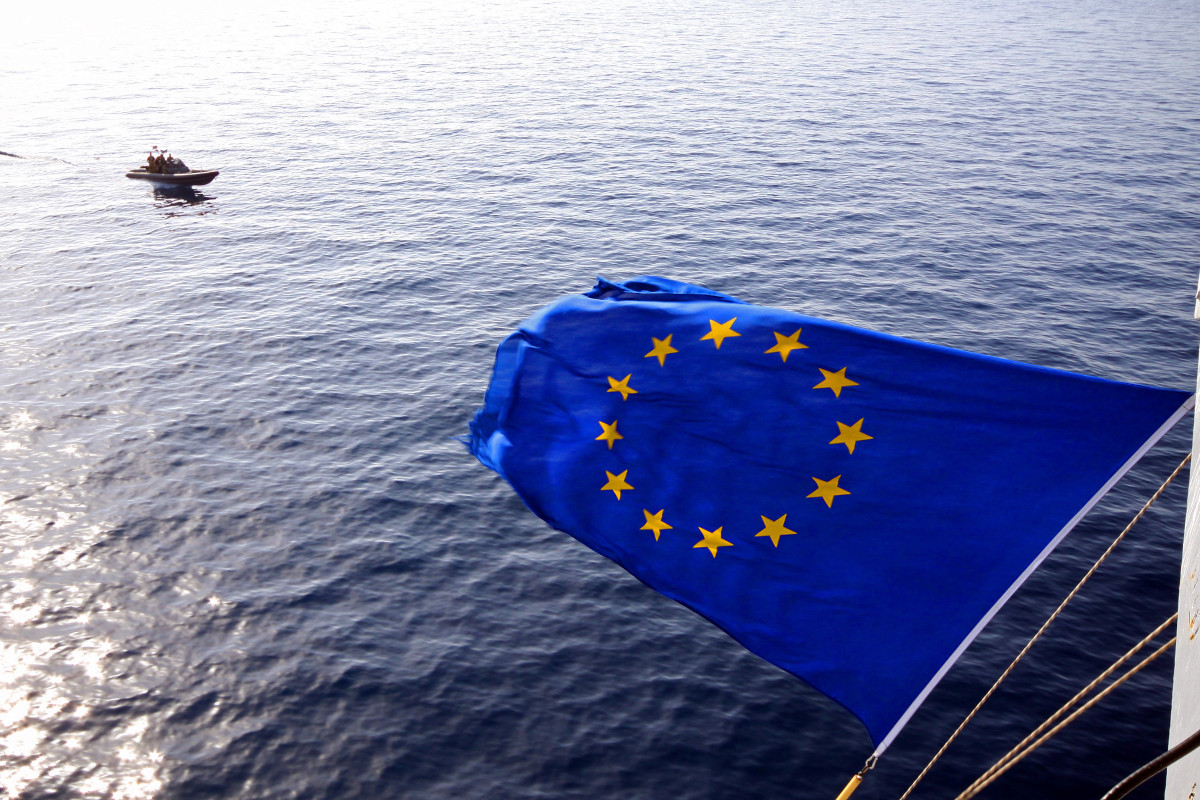
Hardwiring the externalisation of border control into EU law
EU institutions have almost finalised negotiations on the Pact on Migration and Asylum, with MEPs due to vote on a range of new laws next week. Approval for the measures is almost certain – and when they come into force, they will turn the externalisation of migration and border control into legal obligations.

EU: Intelligence-sharing plan extended from asylum-seekers to "any foreigner involved in a migratory procedure"
In 2022, EU member states began discussing ways to increase the amount of information sent to intelligence agencies on "the timing and state of progress of applications for international protection lodged by individuals posing a terrorist threat". Now the intention is to cover not just asylum-seekers, but "any foreigner involved in a migratory procedure." According to the Belgian Presidency, "security concerns go beyond the mere scope of applicants for international protection, as they also cover other people who apply for the legal right to stay in Europe."

Joint Statement: Egyptian authorities must end arbitrary detentions and forced deportations of Sudanese refugees and asylum seekers
More than 25 organisations, including Statewatch, have signed a joint statement calling on the Egyptian government "to immediately stop the serious abuses against Sudanese seeking refuge in Egypt," including inhumane detention conditions, unfair proceedings, forced returns, racial profiling and the extraction of payments on promise of status regularisation. The statement follows a previous call made in October 2022 and comes in the context of the EU agreeing to provide a further €200 million to the Egyptian government for migration and border control.

EU-funded drone technology being used in war on Gaza
A drone manufacturer that is “supporting the IDF [Israel Defense Forces] 100%” in the war on Gaza received a €50,000 research and development grant from the EU, an analysis published today by Statewatch and Informationsstelle Militarisierung (Information Centre on Militarisation, IMI) reveals. Other Israeli military companies and institutions have received millions of euros for drone development in recent years, despite a supposed prohibition on EU funding for military and defence projects.

85 civil society organisations call on MEPs to uphold fundamental rights and reject the harmful Schengen Borders Code recast
Alongside 85 other organisations, Statewatch has signed a joint statement calling on MEPs to reject changes to the Schengen Borders Code. The statement says that the new legislation will increase racial profiling, allow for "internal pushbacks" between Schengen states, invokes the questionable concept of "instrumentalisation of migration" to allow derogations from rights, and will lead to an increase in the use of new surveillance technologies.
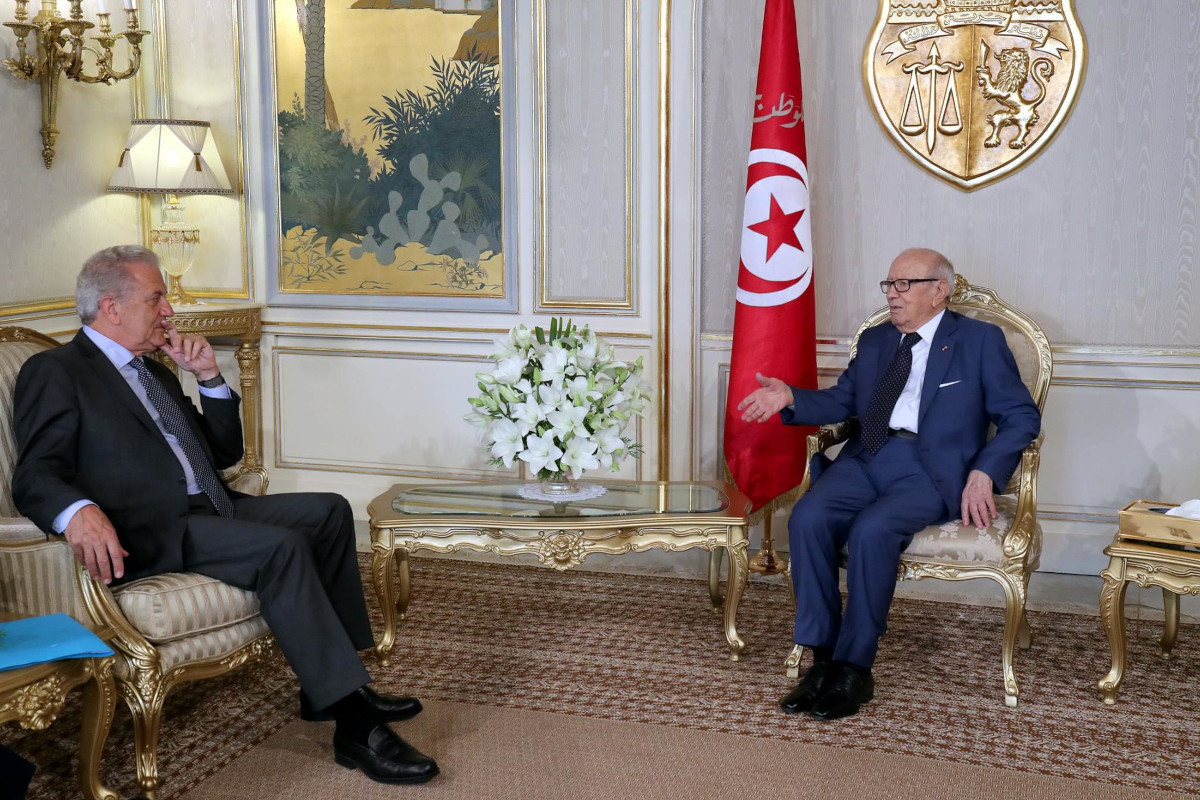
“Action file” on Tunisia outlines EU’s externalisation plans
An “action file” obtained by Statewatch lays out the objectives and activities of the EU’s cooperation on migration with Tunisia – whose government was heavily criticized by the European Parliament this week for “an authoritarian reversal and an alarming backslide on democracy, human rights and the rule of law.”
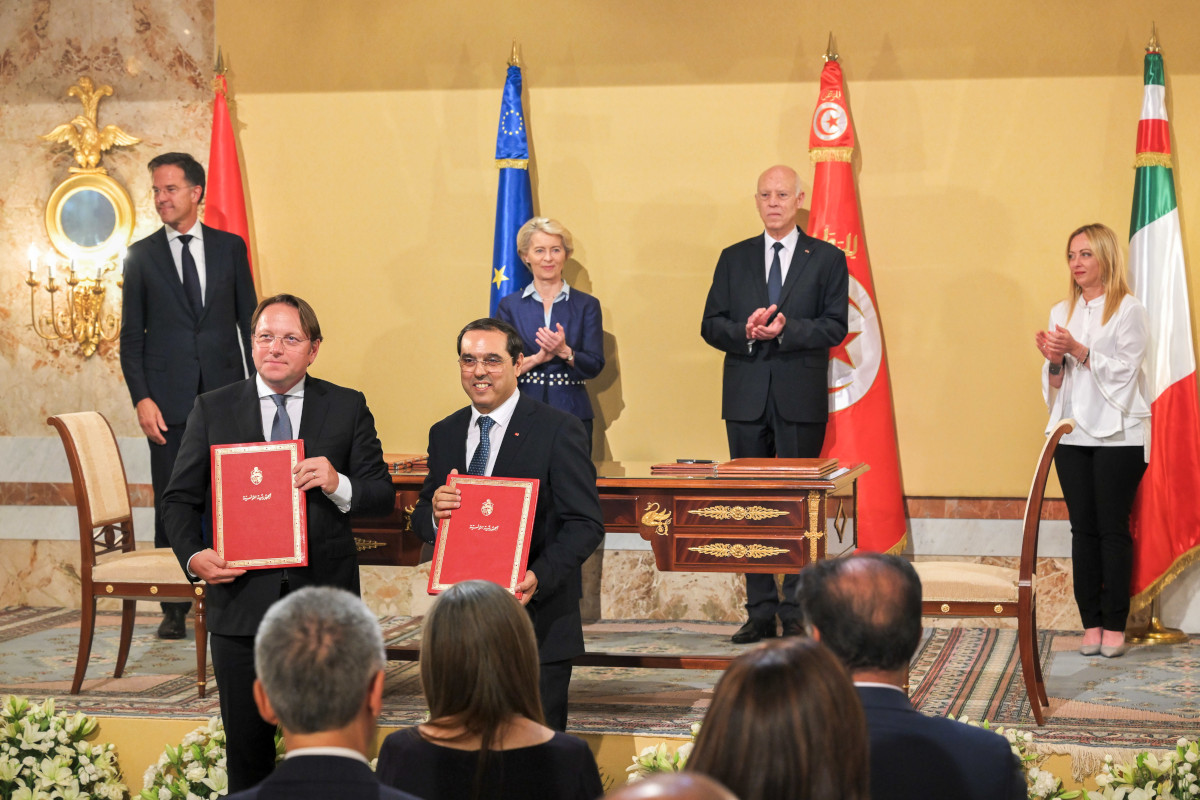
Parliamentary lawyers: democratic oversight needed for EU-Tunisia migration agreement
Last July, the EU and Tunisia signed a memorandum of understanding in which the EU promised substantial support for Tunisian migration and border controls. An opinion by the European Parliament Legal Service, obtained by Statewatch, concludes that although the agreement is not legally binding, some form of parliamentary oversight is required. Currently, that is not the case, but MEPs are demanding it – in particular due to the authoritarian nature of many of the regimes the EU is supporting.

New report examines redress for systemic human rights violations in Turkish messaging app prosecutions
PRESS RELEASE: A new report published today by Statewatch provides a comprehensive analysis of the Turkish authorities’ prosecutions of individuals for using an encrypted messaging app, providing insight into systemic human rights violations and potential remedies for those who have been wrongfully convicted.
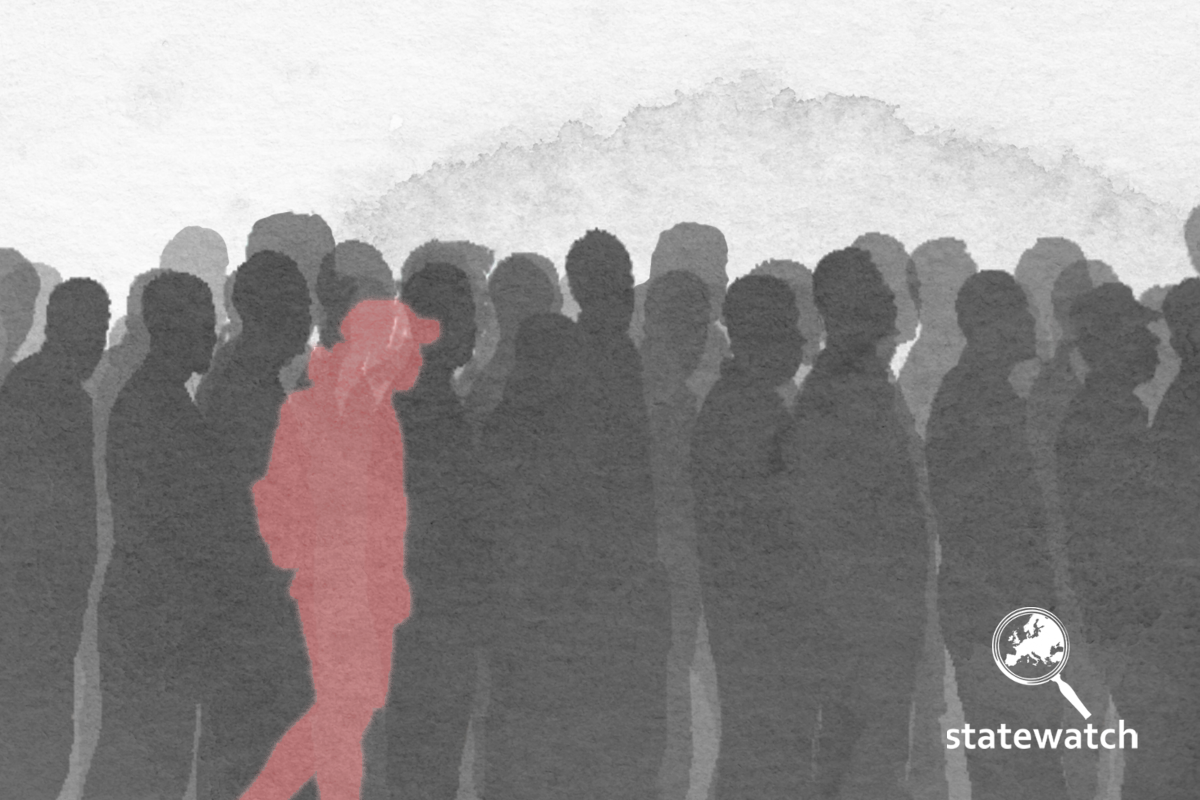
Statewatch is seeking information on secrecy and security exceptions in asylum and immigration cases
Individuals involved in immigration and asylum proceedings can face multiple barriers to a fair hearing: an unfamiliar or unknown language, a lack of legal aid, and limited support networks. There is also the possibility that secret evidence will be used to refuse their applications or deny them entry to the territory. To gather further evidence on the extent of this problem, and the possibilities that data protection law offers as a remedy, Statewatch has launched a questionnaire to gather evidence from affected individuals, lawyers and support groups.
Spotted an error? If you've spotted a problem with this page, just click once to let us know.